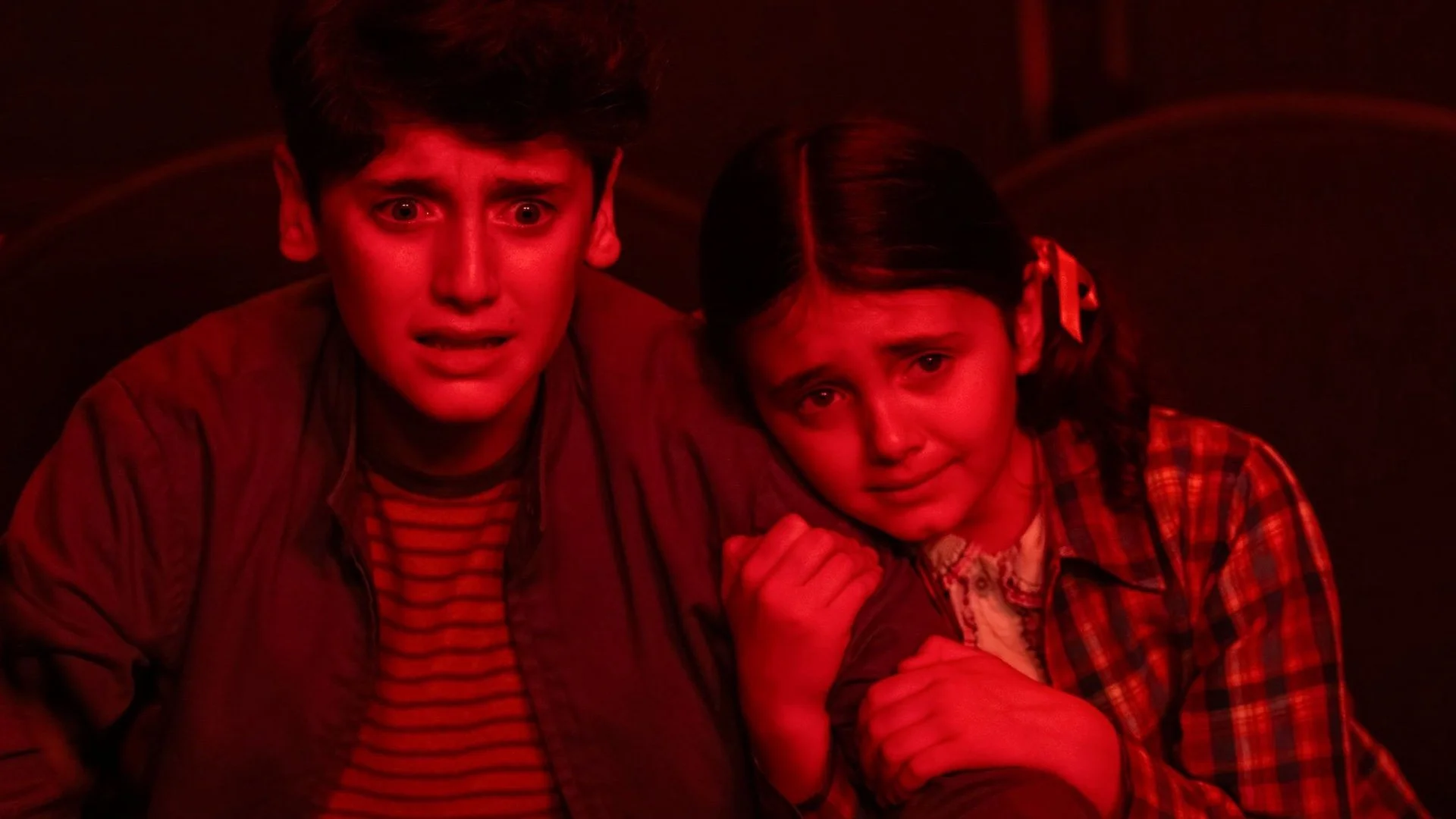On 15 December 2022, the statistical service of the Ministry of the Interior published the annual data on domestic violence for the year 2021. The increase in violence recorded by the services is therefore now more than 20%. For the first time, the threshold of 200,000 victims registered by the police has just been exceeded. Up since 2017, this trend would still be far from the number of actual victims according to the Genesis Victimization Survey. According to these numbers, reports of physical violence against people aged 15 and over in the family thus increased from 100,500 in 2017 to 157,500 in 2021, a 57% increase.
Being a mother after #MeToo means being able to talk about domestic violence more easily ?
Nevertheless, these rising numbers aren’t necessarily synonymous with bad news, but are rather a sign of a general liberation of speech after the movement #Me too in 2017. Because the movement has actually helped women better identify domestic violence, explains Aurélia Blanc, a journalist and author of two books on motherhood and feminism, titled You will be a feminist man, my son and You will be a feminist motherand :
“Today it is often at the beginning of the motherhood experience, that is, when gender inequalities and/or the first domestic violence are discovered – because it is generally at that moment, at the beginning of pregnancy, that they begin – that women among At the age of 25 and 40, they discover themselves as feminists.At the same time, there is an economic weakening.In fact, 30% of mothers work part-time in the company, and this figure approaches 50% when they have three children.It is therefore at the time of motherhood that their income is deducted. An economic fragility that participates in the establishment of a relationship of domination, which is further amplified at the time of separation, if separation exists. »
However, although the discussion of domestic violence has evolved in society and is increasingly easy to detect, for mothers the official complaint process is not always the simplest, especially in the event of separation. In question, the high probability of not being believed by the institutions or by the entourage, even in the event of violence against one’s own children, continues the expert:
“If these mothers denounce their spouse’s violence against their children, their word is automatically questioned, thus suspecting them of wanting revenge on their ex-spouse, or even to cut the father-son bond. Furthermore, in my latest book I mention these mothers who are not listened to and who find themselves in a delicate situation, that of having to give their child the weekend to their father while the child witnesses the violence, without being able to report them. And there is the double penalty: if they speak up, they run the risk of being suspected of being manipulative. If they decide to act on their own by not presenting the child at the time of custody by the other parent, they run the risk that the child will be withdrawn. If they do nothing, they are simply complicit in domestic violence. »
The situation can therefore seem hopeless, despite heightened vigilance from #MeToo and hypermediatized testimonial books (such as The large family by Camille Kouchner on incest).
#MeToo, a good start, but not for everyone
If the #MeToo has in fact allowed a better identification of intra-family violence by women and a liberation of the word at home, not everyone has been affected. In any case, this is what Pierre-Guillaume Prigent, doctor of sociology and lecturer at the Laboratory of Studies and Research in Sociology (LABERS) of the University of Western Brittany was able to analyze:
“#MeToo was above all an occasion for mass denunciation in the cultural and intellectual fields. As for the rest of the population, The road is still long. That’s why the creation of organizations like the Ciivise [Commission Indépendante sur l’Inceste et les Violences Sexuelles faites aux Enfants] it is essential to make the issue of intra-family violence a subject of its own in society.
An opinion shared by Aurélia Blanc, who also acknowledges that it is still very difficult today to get intra-family violence recognized in a patriarchal system:
“Until the 1970s, parental authority belonged to the father and only to the father. This primacy of the father’s power is still deeply rooted in our mentalities, especially in Europe. For several decades, our social, historical and legal context has attributed full powers to the father to the detriment of wives, women in general and children. »
Work to be done on our representations and on the training of professionals
Work remains to be done, therefore, and in particular on our system and our representations. Because becoming aware that we live in a patriarchal system is not enough to cancel its domination. It is all the more difficult as the domination of men over women is assimilated, normalized, very quickly, recalls Aurélia Blanc:
” Just listen to our guys, they already have a lot to say on this topic. Today, in fact, 6 out of 10 adolescents witness violence within their adolescent relationship. »
Another mistake still widespread today is to dissociate domestic violence and intra-family violence. As subject matter experts have noted, they generally go hand in hand. Because an abusive husband will necessarily be an abusive father, even if this violence is exercised in a different way. An idea that is still difficult to assimilate today, by the population, but also by legal professionals, who tend to be more lenient towards fathers than towards mothers. Behind this favorable treatment is the idea that a child needs a father and a mother in order to build himself up. Gold, better an absent father than an abusive fatherAurelia Blanc concludes:
“You have to get out of your head that a child will be made with a dad and a mom. An abusive parent, whether physically, psychologically or sexually, is destructive to the child.. Which, the judges, in establishing custody of the children, are still struggling to take it into account. This is why it is urgent to train all the professionals who have to deal with this violence to make things happen really deeply”.
Front page photo credit: Syda Productions via Canva.
If you or someone you know is a victim of domestic violence or you just want to find out more:
- 3919 and the government website let’s stop They violence
- Our practical article My boyfriend hit me: how to react, what to do when you are a victim of violence in your relationship?
- The association All ahead and its help chat available at How do we love each other?
Source: Madmoizelle
Elizabeth Cabrera is an author and journalist who writes for The Fashion Vibes. With a talent for staying up-to-date on the latest news and trends, Elizabeth is dedicated to delivering informative and engaging articles that keep readers informed on the latest developments.





